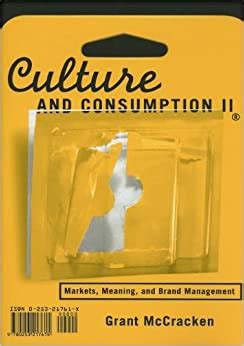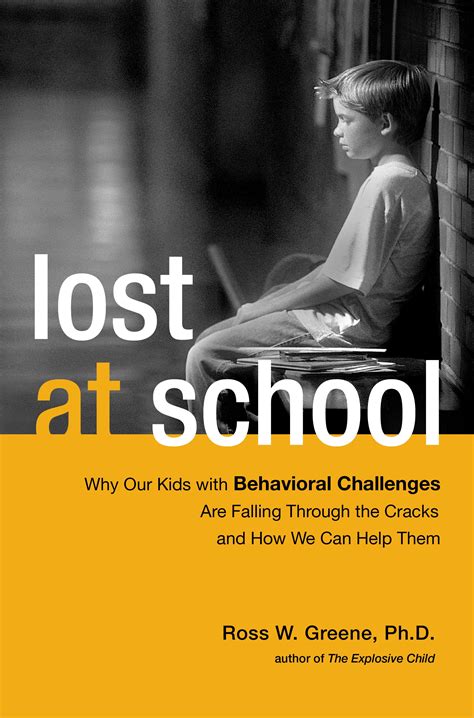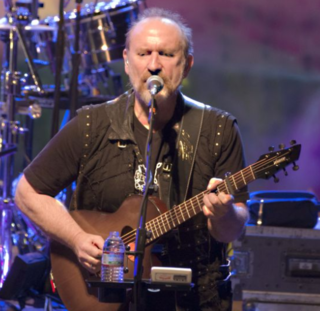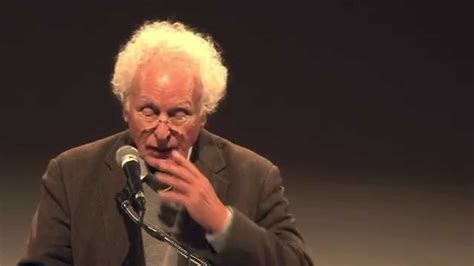A Quote by Clayton Christensen
The important thing is that over time, scientific progress transforms things that used to have to be dealt with in a problem-solving mode down to the pattern-recognition space; and from pattern recognition into the rules-based mode. This is the mechanism by which less-trained people are enabled to do more sophisticated things. This is always the way disruption happens. It enables a larger population of less-experienced people to do more sophisticated things.
Quote Topics
Always
Based
Dealt
Disruption
Down
Enables
Experienced
Happens
Important
Important Thing
Larger
Less
Mechanism
Mode
More
Over
Pattern
People
Population
Problem
Problem-Solving
Progress
Recognition
Rules
Scientific
Scientific Progress
Solving
Sophisticated
Space
Thing
Things
Time
Trained
Used
Way
Which
Related Quotes
What I believe is that people have many modes in which they can be. When we live in cities, the one we are in most of the time is the alert mode. The 'take control of things' mode, the 'be careful, watch out' mode, the 'speed' mode - the 'Red Bull' mode, actually. There's nothing wrong with it. It's all part of what we are.
We all operate in two contrasting modes, which might be called open and closed. The open mode is more relaxed, more receptive, more exploratory, more democratic, more playful and more humorous. The closed mode is the tighter, more rigid, more hierarchical, more tunnel-visioned. Most people, unfortunately spend most of their time in the closed mode.
We have self-assessment tools, computer-based tools to see how we are performing mentally in outer space and there's some also very interesting technology and work that's being funded by NRSBI to look at facial recognition to look at your patterns to see if you're experiencing stress or fatigue. It's a kind of thing that I think will gain acceptance with gradually. But it probably has more to immediate application in things like homeland security, and looking at facial recognition of people going through airports and things like that to see who's under stress.
Scientists who study brain-wave activity found that the longer one watches television, the more likely the brain will slip into "alpha" level: a slow, steady brain-wave pattern in which the mind is in its most receptive mode. It is noncoggnitive mode; i.e., information can be placed into the mind directly, without viewer participation.
Our electrically-configured world has forced us to move from the habit of data classification to the mode of pattern recognition. We can no longer build serially, block-by-block, step-by-step, because instant communication insures that all factors of the environment and of experience co-exist in a state of active interplay.



































